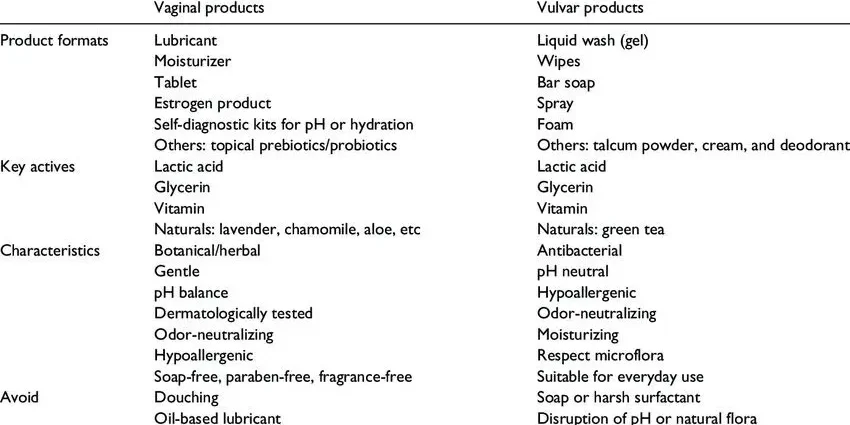Contents
Intimate educational program: viruses, bacteria and “female” diseases
Affiliate material
We answer important questions.
Where do viral infections, vaginitis, bacterial vaginosis come from? What is the difference? Does their appearance indicate poor hygiene or unexpected “gifts” from the partner? How can you fight them? Today we will answer the most delicate questions.
Causes of “female” diseases
Experts say that patients are often embarrassed to go to a gynecologist with complaints of strange discharge, unpleasant itching and odor or problems with closeness with a partner, or even believe that “it is enough to strengthen hygiene measures, and everything will pass by itself.” In addition, many still believe that the presence of viral or bacterial infections indicates poor hygiene of the intimate area or other “mistakes” of the woman herself, or they are embarrassed to discuss the fact that the infection was transmitted to them from a sexual partner.
Of course, this is not always the case. Moreover, excessively thorough washing (especially douching) can become one of the reasons for the development of, for example, bacterial vaginosis. Other risk factors for infections are equally common situations:
the use of antibiotics and antiseptics;
untreated chronic diseases of the genitourinary tract;
change of partner;
constant use of synthetic underwear or panty liners (for candidiasis and vaginosis);
natural age-related (associated with the onset of menopause) decrease in the number of lactobacilli in the intimate area (for bacterial vaginosis).
Viral infections (in particular, herpes and HPV) are usually transmitted directly from person to person – through sexual contact.
How do they differ from each other?
Bacterial vaginosis, vulvovaginal candidiasis, viral infections … The manifestations of all these infections can be similar, so it is often difficult to understand why a specialist prescribes different treatments for seemingly identical symptoms. Now we will try to explain everything in simple words.
Most infections in the intimate area are caused by three types of pathogens:
viruses (herpes, HPV and others);
bacteria (such as bacterial vaginosis);
mushrooms (the notorious candidiasis, or, more simply, thrush).
In this case, the disease can be caused not by one type of pathogen, but by several at once, these are the so-called mixed infections caused, for example, by viral-bacterial associations. In addition, against the background of infections, as a rule, local immunity decreases and the composition of the intimate microflora is disturbed.
Accordingly, the treatment of such infections is also, as a rule, complex. A specialist can prescribe a specific agent to combat a specific pathogen – it just differs depending on the type of infection (it can be antiviral, antibacterial and antifungal). And in addition to the main drug, recommend a broad-spectrum agent that helps to increase local immunity and can help restore the mucous membrane of the intimate zone.
Is there a general solution?
One example of such a drug is – a universal remedy that is intended for the treatment of viral and bacterial infections * as part of complex therapy. Epigen Intim has antiviral and immunostimulating effects, helps to fight inflammation in the vagina, relieve itching and restore the integrity of the mucous membrane in the intimate area. Remember that healthy mucous membranes are an excellent breeding ground for beneficial lactobacilli.
The spray improves local immunity and is suitable for the prevention of various conditions caused by its decrease (including vulvovaginal candidiasis and bacterial vaginosis). It is important that the spray approved for use during pregnancy and breastfeeding.
In the spray kit Epigen Intim includes two nozzles, for external and vaginal use, so it is very convenient to use. The external nozzle allows you to apply the agent to the skin and mucous membranes of the external genital organs, and the vaginal nozzle delivers the active substance directly to the cervix and evenly distributes it into the vagina.
Epigen Intim can be used for prophylaxis during periods of expected decrease in local immunity (for example, when traveling or changing partners), for the treatment of various infections * as part of complex therapy and for discomfort associated with dryness, itching and burning in the intimate area, including those associated with sexual contact. Using a spray before and after intimacy can help bring back the joy and pleasure of sex.
And, of course, if you have recently changed your partner and soon after that you have intimate problems and discomfort, you should not self-medicate. It is better to immediately contact a specialist for an accurate diagnosis, identification of possible infections and the appointment of a suitable treatment.
Remember that the appearance of viral and bacterial infections is not your fault, do not hesitate to contact a specialist and do not wait until the unpleasant symptoms pass on their own!
* Designed for the treatment of viral and bacterial infections specified in the instructions for medical use of the drug Epigen Intim as part of complex therapy.
Имеютсяпротивопоказания.Необходимо
ознакомитьсясинструкциейпоприменению
илиполучитьконсультациюспециалиста
Получитеконсультациюспециалиста
пооказываемымуслугамивозможнымпротивопоказаниям










